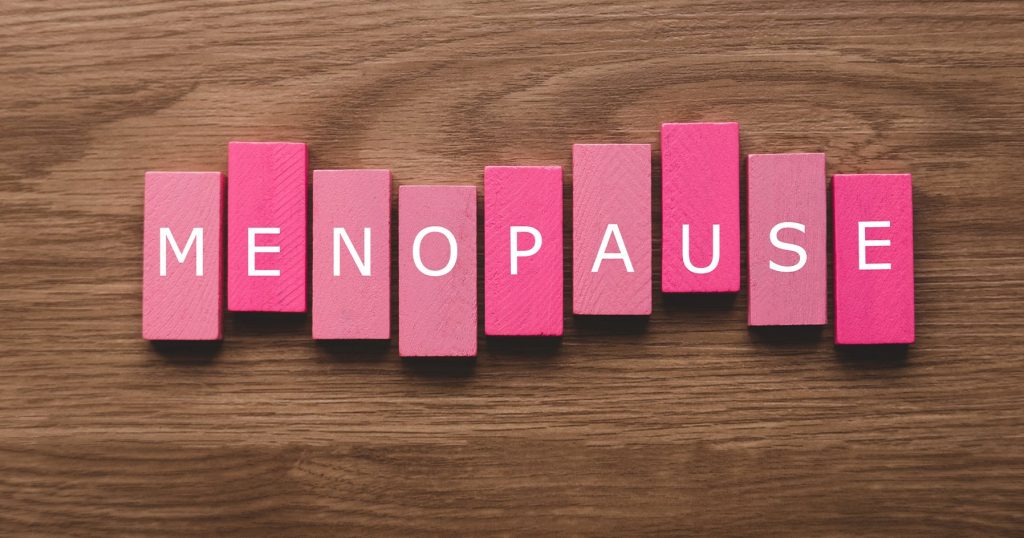
How To Take Care Of Your Body After Menopause.
It’s no secret that, after menopause, a woman’s body changes. Suddenly, things you took for granted – like regular periods and maintaining a healthy weight – become more difficult.
That’s why it’s important to take extra care of your body during this time and make the necessary adjustments to your lifestyle.
Here are some tips on how to do just that:
1. Eat a Healthy Diet
Now is the time to really focus on eating a healthy diet. This means plenty of fruits, vegetables, and whole grains, and limited amounts of saturated fats, salt and sugar. Eating a healthy diet will help you maintain a healthy weight, have more energy, and avoid diseases associated with aging.
2. Get Regular Exercise
Exercise is important at any age, but it becomes even more important after menopause. That’s because it helps improve bone density, balance, and flexibility—all of which can decline as we age. It also helps reduce the risk of heart disease, stroke, and some types of cancer. Aim for at least 30 minutes of moderate-intensity exercise most days of the week.
3. Stay Hydrated
As we age, our bodies become less efficient at retaining water, which can lead to dehydration. This can cause fatigue, constipation, and other problems. To avoid this, be sure to drink plenty of fluids—aim for eight glasses of water a day. You may also want to consider adding a daily multivitamin and calcium supplement to your diet.
4. Manage Stress
Stress can take a toll on your body at any age, but it’s especially important to manage during menopause. That’s because stress can contribute to weight gain , sleeplessness, and mood swings . To manage stress, try to get enough sleep, exercise regularly, and practice relaxation techniques like deep breathing or meditation.
5. Take Care Of Your Skin
As we age, our skin becomes thinner and less elastic. This can lead to wrinkles, sun spots, and other signs of aging . To help keep your skin healthy and looking its best, be sure to use a sunscreen with an SPF of 30 or higher every day, avoid the sun between 10am and 2pm, and use a moisturizer regularly.
6. Don’t Smoke
Stop smoking, as it can put you at a higher risk for health problems like heart disease and osteoporosis. One of the things that can change after menopause is your skin. Smoking can accelerate this process, leading to wrinkles, dryness and an overall older appearance. So if you’re a smoker, now is a good time to quit for the sake of your skin.
7. See Your Doctor Regularly
It’s important to see your doctor regularly, even if you’re feeling healthy. That’s because there are many health conditions that don’t have symptoms, but can be detected with a simple blood test or other screening . For example, women over the age of 50 should get a mammogram every two years to screen for breast cancer. So make sure to schedule an appointment with your doctor and keep up with all recommended screenings.
Conclusion
Taking care of your body after menopause is important to maintaining a healthy lifestyle. You may need to make some changes to your routine, but it’s worth it in the end! By following these tips, you can help keep your body healthy and strong during menopause and beyond!
Dr James S Pendergraft | Orlando Women’s Center | Abortion Pill Clinic | Articles On Abortion


Leave a Reply
You must be logged in to post a comment.